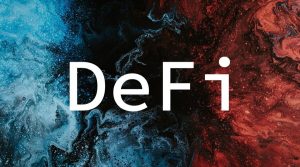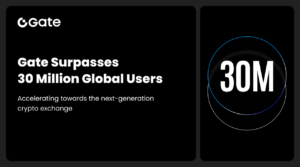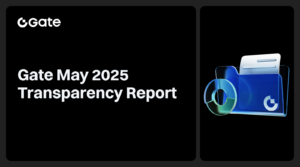Rootkit is Creating UpTokens: Begin Preparations to compete in the ETH Global Hackathon
As the decentralized finance (DeFi) market increasingly takes shape and drives the crypto market, more innovative projects are evolving every passing day. One such project is Rootkit Finance, which is creating a new class of tokens known as UpTokens. The creation of these innovative tokens will play a vital role in helping Rootkit compete favorably in the upcoming ETH Global Hackathon, and it will be a great avenue to publicize the relatively new project to the crypto community. The Hackathon competition has been dubbed “Hack Money,” which is exactly what Rootkit intends to achieve with its UpTokens. Rootkit Finance is a highly deflationary and yield farming DeFi platform. By utilizing the first-of-its-kind ERC-31337 protocol, which leverages permanently locked liquidity pool in a previously unseen manner, it unlocks new possibilities in yield farming and price mechanics. The system is designed to be fair and beneficial toall participants. UpTokens: Bringing Rootkit’s Mechanics to All of DeFiIn its bid to disrupt and bring innovation to DeFi yield farming, Rootkit Finance is in the process of creating multiple projects known as “UpTokens”. These UpTokens are Rootkit Finance wrapped tokens of already existing projects that enable users to reuse liquidity to maintain an upward movement of price. For example, on Binance Smart Chain, the developers took BNBfunded by their fair launch presale (known as a Liquidity Generation Event, or LGE), applied the ERC-31337 protocol, and called it UpBNB. The UpBNB token can be pumped by using the ERC wrapper, as well as generate staking rewards through buy and sell taxes, ensuring that the token maintains positive price pressure and fair distribution of rewards. In addition, by combining the pricing mechanism of a decentralized exchange, permanently locked liquidity pools, and fixed supply currency, Rootkit creates a price floor. In simple terms, the price floor is the lowest possible price an asset can reach. The implication is that the price of the asset at the point of depositing it in the pool is the lowest it can go. Finally, UpTokens are special kinds of tokens deployed to ensure there is always liquidity in their own liquidity pool, even if all holders sold their stake.. They are injected into the pool and bought back again and again, therefore recycling its value. The tokens are specifically designed to encourage buyers to hold them. There is a tax applicable to sales but no tax on the buyers of the token. For example, you can buy UpBNB on PancakeSwap V2 with a slippage of between 0.5% and 1% to buy. Once there is a buyback, the sale slippage resets to around 16% in order to mitigate price dumping. However, the slippage gradually falls back to 7% in a matter of 5 days. The tokenomics implies that the value of the tokens in the pool will always go up, unlike the typical pump and dump experienced in the crypto space. With the system’s strategic buybacks, dips are eliminated from the Rootkit Finance liquidity pool, and holders are more likely to make profits.$ROOT — The “Root” of It AllRootkit seeks to create at least 900 UpTokens, with three already created at the time of writing this post: UpBNB on Binance Chain, UpTether (or upUSDT) on Polygon, and Root, the original token on Ethereum. Meanwhile, the team is looking to launch UpMatic and UpCake on their respective chains in the near future. The team has designed the UpToken ecosystem so that $ROOT, the native token of Rootkit, will serve as the governance token. While Root will serve as the governance token, UpBNB will be the hub token of future Binance Smart Chain UpTokens. Each hub token for its respective chain will additional uses, including voting rights, funding for future token LGEs, and collecting yield from the sell taxes of each token on its corresponding chain.These new classes of tokens have different implementation pathways, but their end result is something unheard of in not only the DeFi or crypto space, but finance at large: to self-regenerate. Like a virus replicating itself over and over again, this self-regeneration can happen automatically, or someone can initiate an action to launch a new copy once the old copy depletes.Rootkit Seeks to Submit UpTokens in the ETH Global HackathonAside from these UpTokens, Rootkit Finance has been cleared to participate in the upcoming ETH Global Hackathon. Rootkit is creating a new frontier in the DeFi market; while there is no doubt new projects will emerge to be part of the expedition, if the Rootkit team accomplishes their goals for this Hackathon, they could very well change the landscape of decentralized finance–and cryptocurrency at-large–as we know it.








